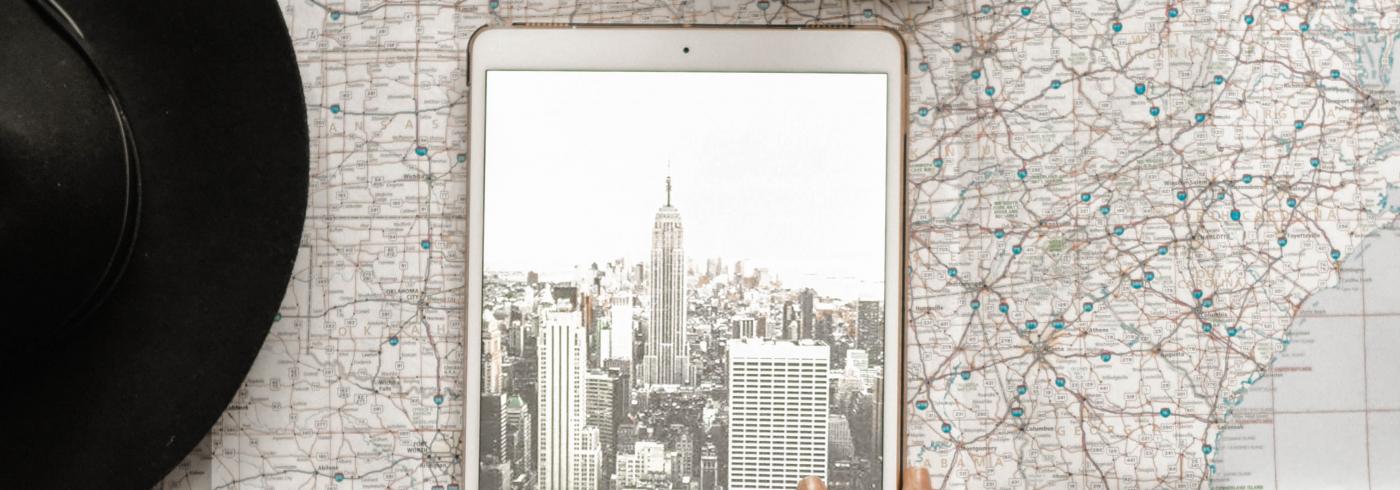
Firstly, tell us a little bit about yourself and your work, Gary!
22 North is a challenger consultancy. We're changing the way people work for the better, by challenging the status quo and helping companies work remotely. We help companies create and nurture remote teams; the mindset required, the tools to use and the principles to follow.
What made you take the leap into remote working?
"I first worked remotely 14 years ago. I was starting my first business and I wanted to keep outgoing expenses at a minimum, therefore an office was not a requirement. Since then my reasons for working remotely have evolved; family, well-being, and deep focused work are my primary reasons for choosing remote."
What do you think is the biggest fear companies have about adopting remote working?
Losing control. It's not a valid reason, but many middle managers and leaders entire existence are based on overseeing office-based organisations. These legacy ways of working value visibility over productivity.
What do you think are the best benefits of remote working?
Many people highlight individual benefits, but it's much broader than this. Companies and people benefit from having the freedom to choose where to work. So, why remote? Better talent, greater diversity, higher productivity, more space, happier employees, and a lower carbon footprint.
What's the biggest challenge you've faced in this area?
Preparing hybrid organisations for remote (those who already operate distributed and office-based employees). These organisations face the biggest cultural challenge. To cultivate a connected culture across office and remote requires the entire company to adopt a remote-first mindset and embed digital working practices which can be challenging with a hybrid setup.
Is there anything you wish you could say about remote working? Or a story you like to tell? Any advice?
If people or companies are considering going remote, they should start with a small experiment. We drafted up a checklist to help. If you're able to tick all 5, you should feel confident you can run a successful remote working experiment:
1. You trust your team to complete its work in an unsupervised environment.
2. You already allow for work-from-home days.
3. Your team spends over 75% of its time mediating its work through a screen.
4. You use digital collaboration tools as your primary mechanism for coordinating work.
5. Your team has clarity about the work it needs to complete on a daily/weekly basis.
Thanks to Gary for his time. If you'd like to talk to us about how to make your company more remote, feel free to contact us.